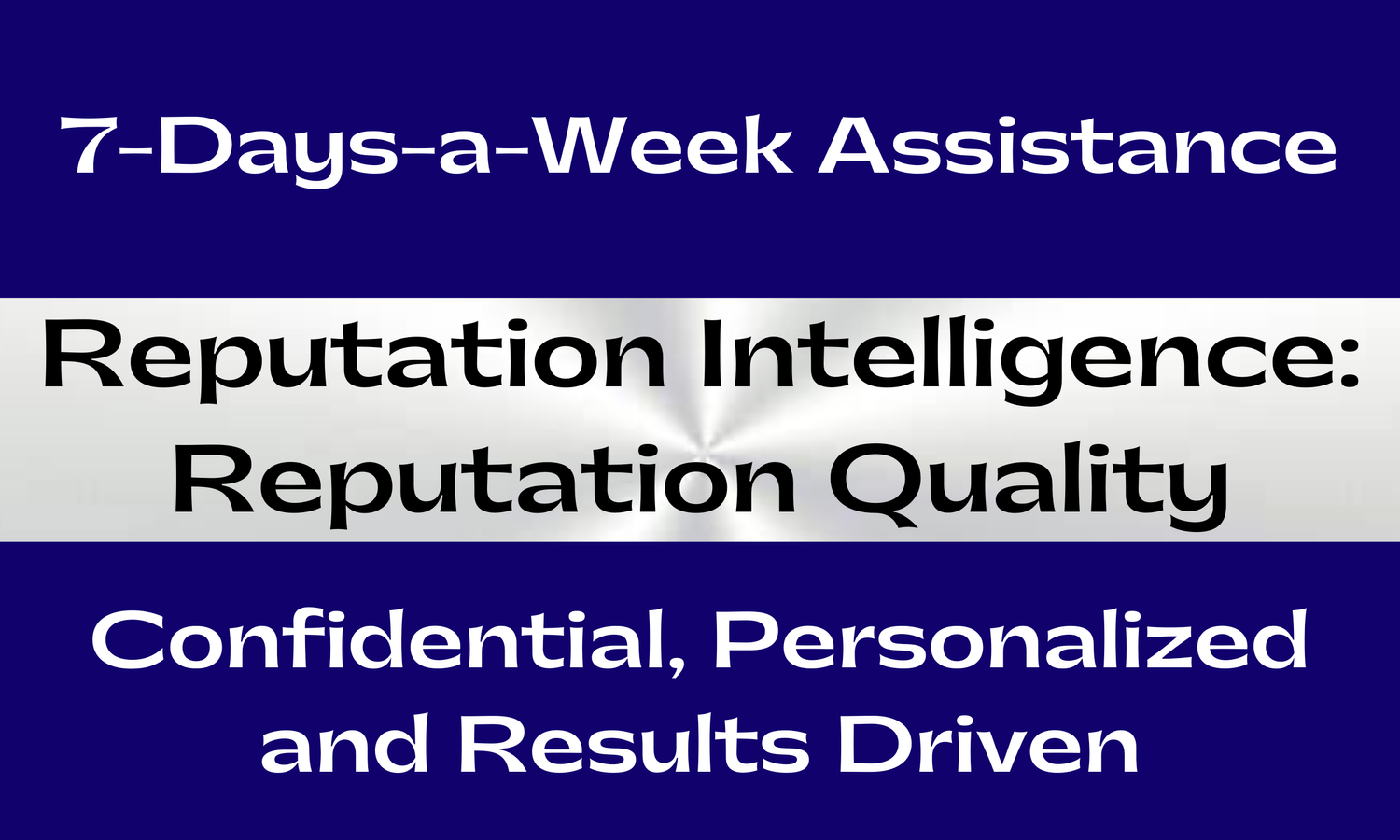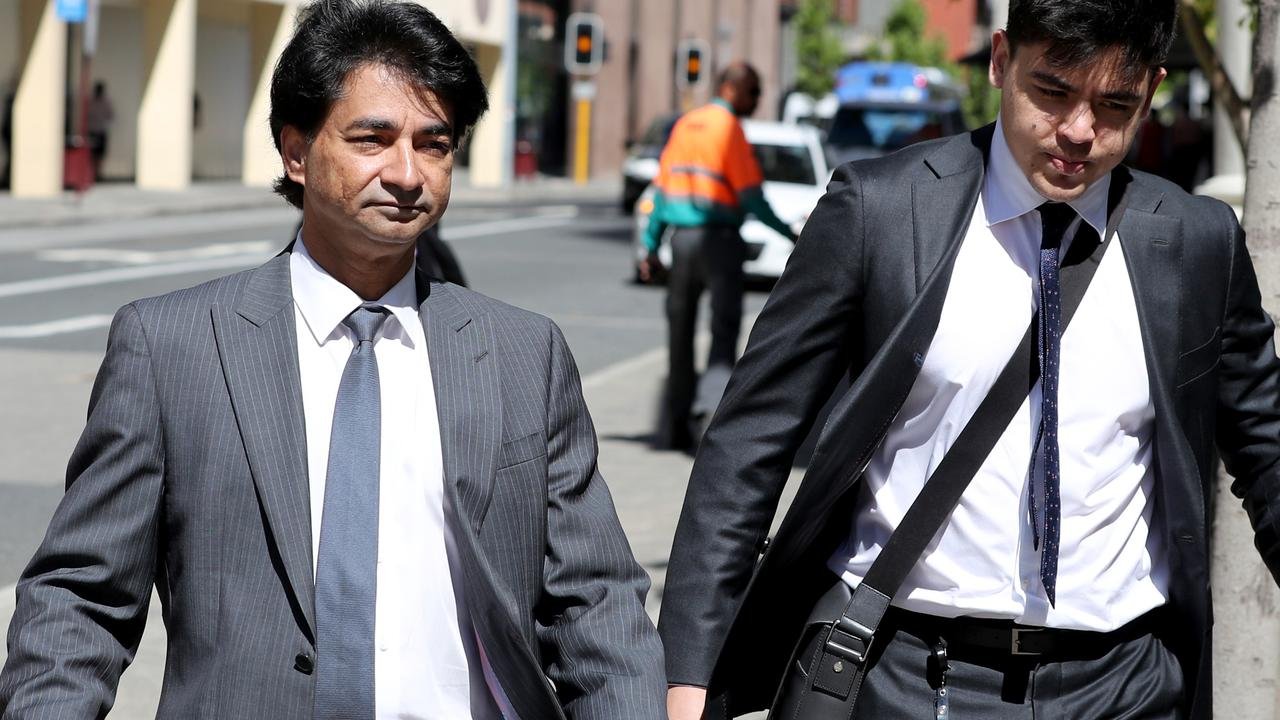Defamed by an Expert’s Opinion
Lloyd Rayney (on left)
A former attorney was awarded in totality (judgment plus interest) nearly $440,000 over defamatory remarks made by a forensic expert whom implied that the attorney murdered his own wife.
Lloyd Rayney won his case because the expert, Dr. Mark Reynolds, said, “a cold case review into (Rayney’s) wife’s murder was not needed because ‘the offender was identified,” reported Angie Raphael.
Reynolds publicly stated his belief during a forensic science seminar, saying:
“We know who the offender is. I’d stake my kids’ lives on it,” Reynolds asserted when an attendee asked for clarity about his initial statement.
Once in court, Reynolds reportedly changed his stance. Representing himself (an error) in the West Australian Supreme Court, Reynolds denied he implied Rayney was responsible for the murder.
The judge didn’t believe Reynolds and ruled in Rayney’s favor.
Justice Jenni Hill determined Reynolds had indeed implied that Rayney murdered his wife.
“It is my view that Mr. Rayney is entitled to damages to compensate him for the personal hurt and distress caused by Dr Reynolds’ statements and to vindicate his reputation,” Justice Hill said.
Rayney had earlier won another defamation case, that one worth $2.6m, following against the police, after he was named the “prime” and “only” suspect in Corryn Rayney’s murder.
Ms. Rayney was murdered after a bootscooting class.
"More than 15 years afterwards, and after wasting $20 million persecuting an innocent man, there is still no justice for Corryn," Mr. Rayney told reporters.
While that’s a strange statement — I’d say unadvisable — he had the court’s ruling to support his emotional comment.
As for Reynolds, he has stated he will appeal the judgment.
Brief analysis, point 1: It might seem daunting to defend oneself against an expert’s opinion. And at times, being successful in that defense can be extremely difficult, if not unlikely, yet not always.
This story proves that even an expert with the title of “Dr.” can be challenged for reckless, emotional, overconfident and damaging communication that is undoubtedly defamatory.
The cold, sobering reality is the courts and society do not always stand up to and protect people and organizations against all communication that is clearly destructive to reputation.
It’s worth trying though and going against the “current” — and poor odds — if you believe you can possibly prove the harm and that the communication was defamatory and led to that pain and suffering.
Brief analysis, point 2: It’s very important to note (because not many people know) that just because a person “wins” a legal defense, that doesn’t mean that their reputation is totally in the clear.
And just because a person or organization “loses” a defamation case doesn’t mean that their reputation can’t be restored or reconstructed.
I always professionally contend that you are much better off with both legal help and reputation specialist help if you are taking legal action.
Not all attorneys may agree and not all people who have been defamed may want to also work with a reputation professional. However, an attorney and reputation specialist have two different skill sets and understandings of reputation damage to assist you in protecting yourself in different, critically necessary ways.
For the outcomes that you will most appreciate and often need moving forward, connecting with both is highly intelligent and recommended.
Michael Toebe is the founder and specialist at Reputation Quality, a practice that works with successful individuals and organizations who are reputation-and-risk minded, to assist them in further building, protecting, restoring or reconstructing reputation health as a professional and personal “asset.”


